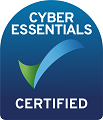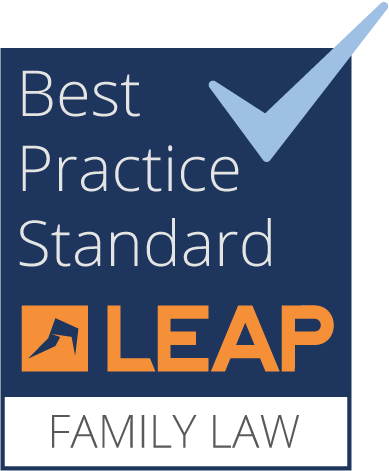When purchasing a property, it is essential that you provide the relevant information to your solicitor as early as possible to ensure a smooth transaction and avoid delays in an already stressful situation.
Identification documents
First and foremost, your solicitor will need to see satisfactory proof of your identification before they can start any work on your behalf. As money laundering and property fraud continue to be a major issue in conveyancing transactions, solicitors are required to carry out thorough checks on clients' identities by our regulators and by legislation.
Fortunately, with the help of technology, these days clients can complete a quick and easy electronic ID check which will verify a person's liveness, their photo ID and also their address. It will also cover other types of checks that solicitors are required to carry out, such as whether a client is likely to be a Politically Exposed Person.
Typically, a solicitor will need to see proof of your identity and proof of your address. A passport and a driving licence will usually provide all the relevant information. If these are not available, then other types of identity documents can be provided as listed below:
Photo ID
- a valid full passport; or
- a valid H M Forces identity card with the signatory's photograph; or
- a valid UK Photo-card driving licence.
Proof of Address
- a firearm and shot gun certificate;
- a receipted utility bill less than three months old;
- a council tax bill less than three months old;
- a council rent book showing the rent paid for the last three months;
- a mortgage statement from another lender for the mortgage accounting year just ended;
- a cheque guarantee card, credit card (bearing the Mastercard or Visa logo) American Express or Diners Club card, debit or multi-function card (bearing the Switch or Delta logo) issued in the United Kingdom with an original account statement less than three months old.
Having these documents ready for your solicitor as soon as you instruct them will mean that they can start carrying out work for you as soon as possible. It may become necessary to provide updated ID documents in the course of your purchase, especially in line with lender requirements.
We will send you links to complete electronic verification at the outset of the transaction for your ease. We can also certify original documents provided to us if that assists.
Proof of funds and source of wealth
Solicitors will also ask you to verify where the funds for the purchase are coming from. A mortgage offer will obviously be evidence of the amount of loan a buyer may be receiving, but the solicitor will also need to see evidence of the remainder of the balance. It will not be enough to simply show that the money is in the account, you will need to be prepared to supply bank statements going back a year or two to evidence a build up of savings. If you have benefited from a gift, inheritance or maybe even a lucky Lotto win, then you will need to show letters, documents, and statements to support this too. The more information that you can provide to show a paper trail the funds, the better.
A solicitor will also need to be satisfied as to the source of your wealth to rule out any potential for use of funds from the proceeds of criminal activity. Does it make sense that a person with no apparent income is buying a £1m mansion in cash? This may ring alarm bells. Does it make sense that a teacher and a doctor are buying a modest new build? Probably so. Your solicitor needs to account for all money before it can be accepted into the client account so they will require you to provide for pay slips, evidence of any trust you benefit from, dividend statements etc to confirm this.
Client questionnaire
To ensure that your solicitor has all the relevant information they may need to complete your purchase smoothly, they will usually provide you with a client questionnaire to capture all the necessary facts. It is important that you complete this thoroughly as your solicitor will rely on the information that you provide. Questions may include whether you own any additional properties- to be able to submit an accurate SDLT/LTT return, whether you have any related sale – to be able to coordinate timescales on your sale and purchase, and how you wish to hold the property if you are buying with another person – as joint tenants, or as tenants in common with your own distinct shares.
Agreements
During the course of your purchase, you will correspond with several parties including estate agents, mortgage brokers, insurers, developers, surveyors and possibly the sellers directly. Your solicitor will naturally correspond with some of these parties, but it is vital that you keep your solicitor informed of anything said by or agreed with any other parties in relation to your purchase. Do not assume that they will always have the most up to date information. Your solicitor may need to verify any statements made by other parties, check any surveyor’s reports, record agreements in the contract, report matters to your lender and advise you on the best outcome for you as their client. Always ensure that your solicitor records information received by third parties in writing on your behalf.
Once all this information is received, your solicitor will finally be able to get to work. Having provided all the relevant information at the outset will help reduce stress and avoid the potential for delays to enable us to get you into your new home as soon as possible.
If you are looking to instruct a solicitor, please click this link CONVEYANCING QUOTE to receive a quote now or contact our Conveyancing Department on 01633 242526 or email enquires@hpjv.co.uk








